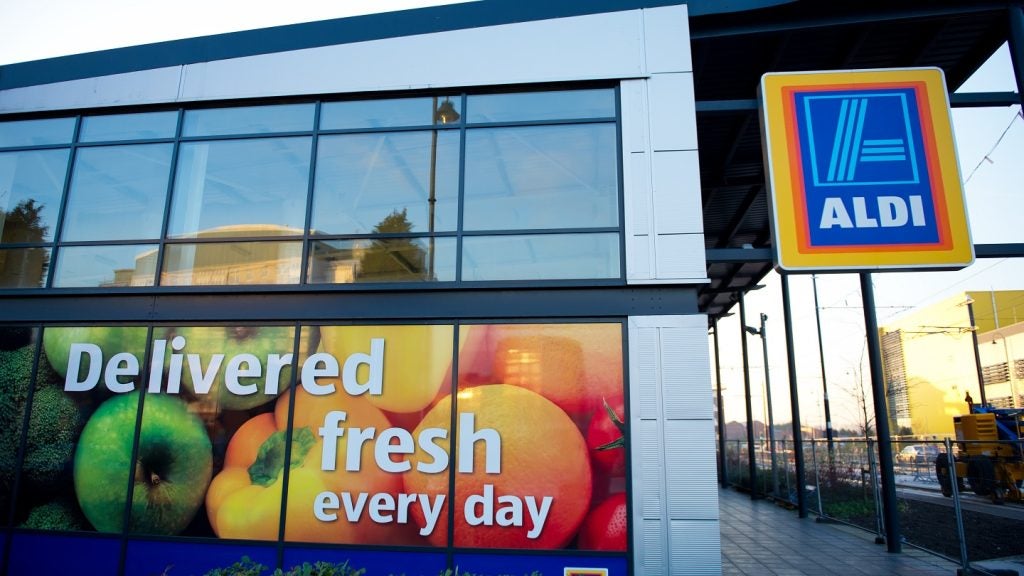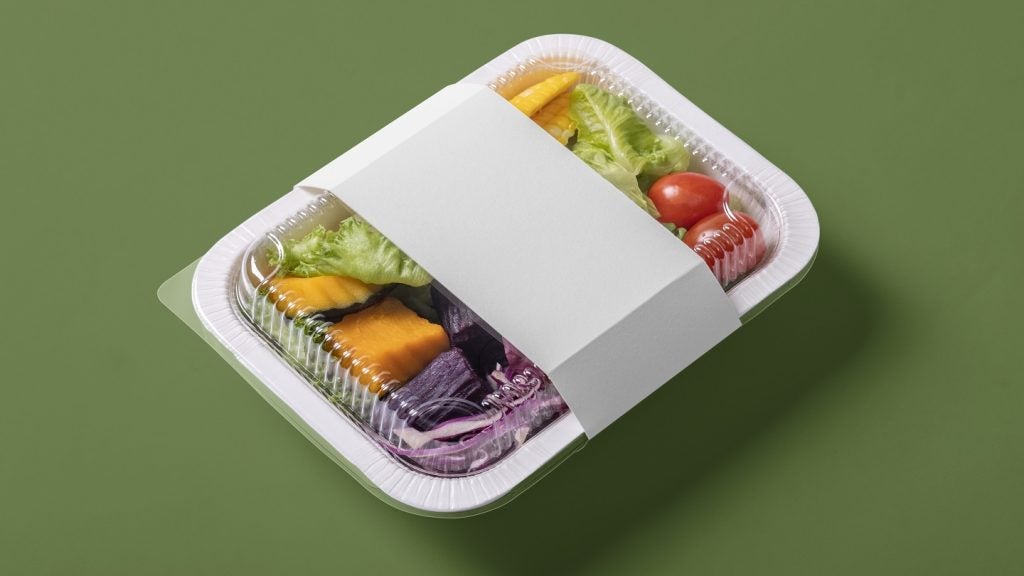Singapore’s Ministry of Health implemented its “Nutri-Grade” mandatory nutritional labeling system for prepacked beverages and automatic beverage dispensers on December 30, 2022.* The Nutri-Grade rating system is the latest weapon in the government’s war on diabetes and obesity.
The new “Nutrition Label” and “Nutritional Information Panel (NIP)” rule mandates manufacturers and retailers to display a “Nutri-Grade” mark on the front-of-pack label of product packaging. The new rule applies to all sugar-sweetened beverages, including milk, juice, juice drinks, drinking yogurt, and powdered dilutables. Products are assigned a color-coded rating, A (dark green), B (light green), C (orange), or D (red), based on the number of grams of sugar and saturated fat per 100ml. For instance, a healthier beverage with less than 1 gram of sugar and saturated fat content of less than or equal to 0.7g per 100ml is assigned the highest grade: A. Conversely, a less healthy product with over 10g of sugar and 2.8g of saturated fat per 100 ml will receive the lowest rating of D.
Beverages with A and B ratings have the option to display either the Nutri-Grade label or the Healthier Choice Symbol (HCS), a certification logo for healthier food and drinks introduced by the Singapore Health Promotion Board in 1998. However, products with C and D ratings are mandated to print the Nutri-Grade label. Notably, advertisements are prohibited for beverages that receive a D rating. Going forward, authorities aim to ensure that all products with HCS symbols have an A or B rating. Restaurants and drink stalls are also required to label their online and printed menus. The Health Promotion Board announced plans to conduct periodic checks to ensure that beverage brands are complying with the new regulation.
Front-of-pack nutrient labeling systems are intended to aid consumers in identifying less healthy beverages with high sugar/fat content from crowded retail store shelves. The color coding and rating is easier and more accessible for laymen rather than comparing an array of labeling claims, such as fat-free, low-calorie, and less sugar. Consumers are thereby empowered to make informed choices based on product formulations rather than marketing speak, branding, and sales promotions. This will appeal to 53% of Singaporean consumers whose product choices are often or always influenced by health labeling (information on protein/sugar/fiber/carbohydrate content) displayed on product packaging, as per GlobalData’s Q3 2022 consumer survey.
Similar nutrient labeling systems across the globe, including the UK’s Traffic Lights, France’s Nutri-Score, the Scandinavian KeyHole, the Australian Health Star Rating, and Chile’s Warning Labels are promoting nutritional awareness. Such systems, certifications, and logos nudge consumers to make healthier dietary choices and pressure manufacturers to develop better-for-you products. Moreover, these systems offer authorities a gentler, less disruptive, and less controversial policy to limit the consumption of sugary beverages rather than outright bans and sugar/sin taxes. If Singapore’s Nutri-Grade label proves successful, the concept will accelerate the adoption of such systems in neighboring Asia-Pacific countries, particularly Thailand and the Philippines, which have already imposed sugar taxes.
See Also:
How well do you really know your competitors?
Access the most comprehensive Company Profiles on the market, powered by GlobalData. Save hours of research. Gain competitive edge.

Thank you!
Your download email will arrive shortly
Not ready to buy yet? Download a free sample
We are confident about the unique quality of our Company Profiles. However, we want you to make the most beneficial decision for your business, so we offer a free sample that you can download by submitting the below form
By GlobalData








